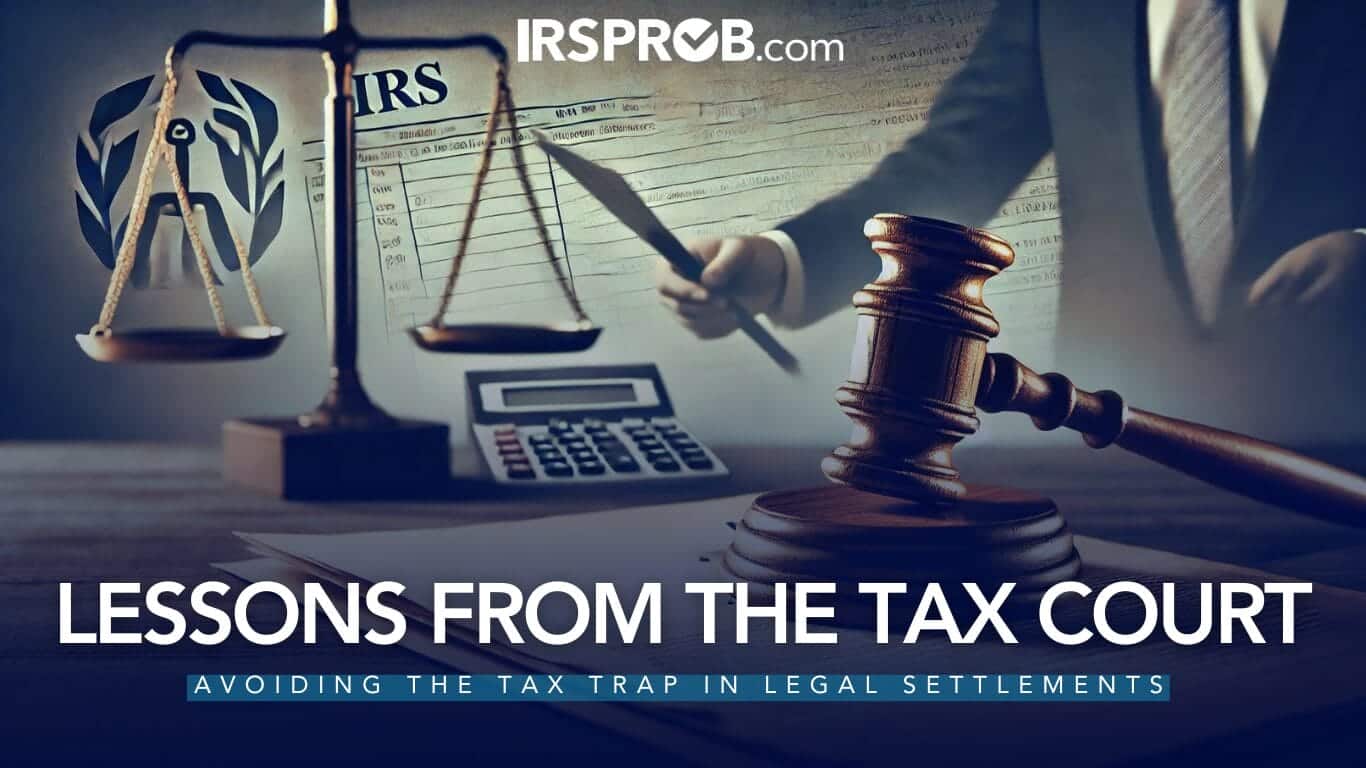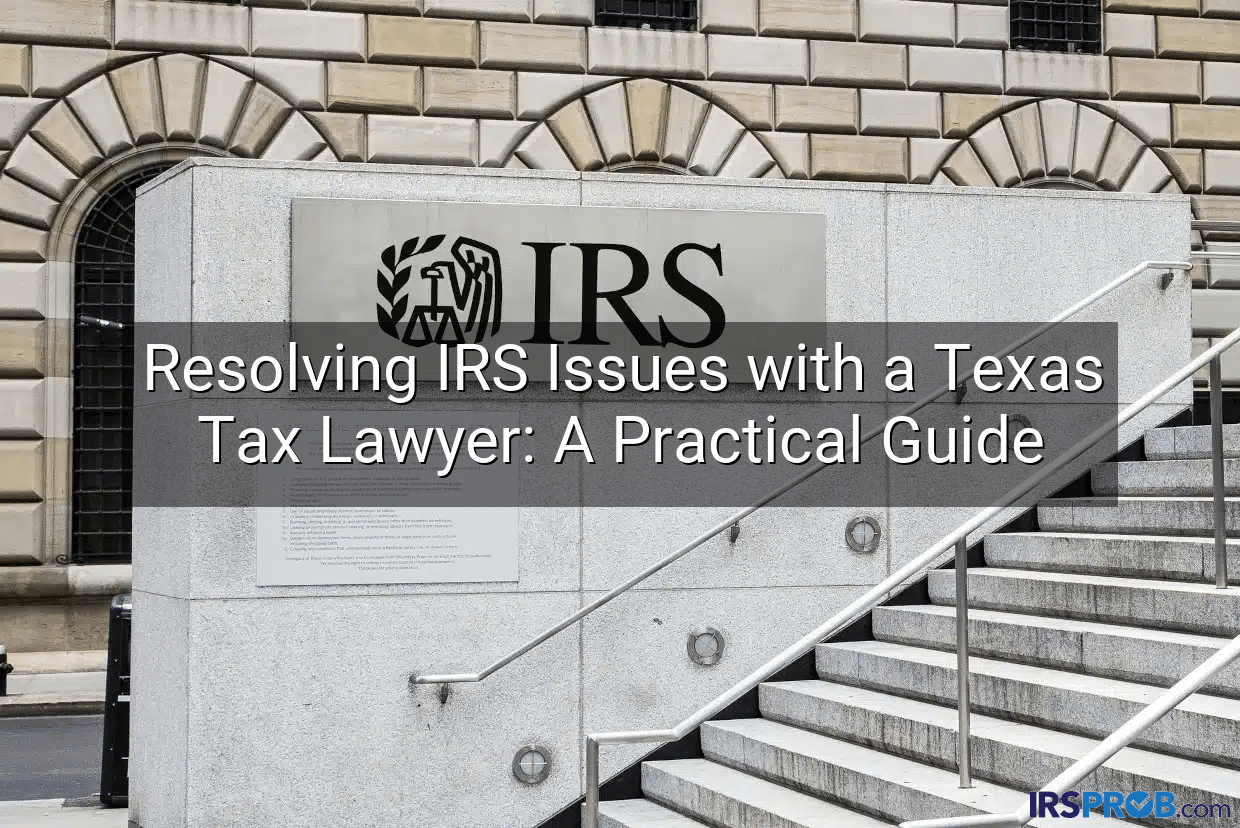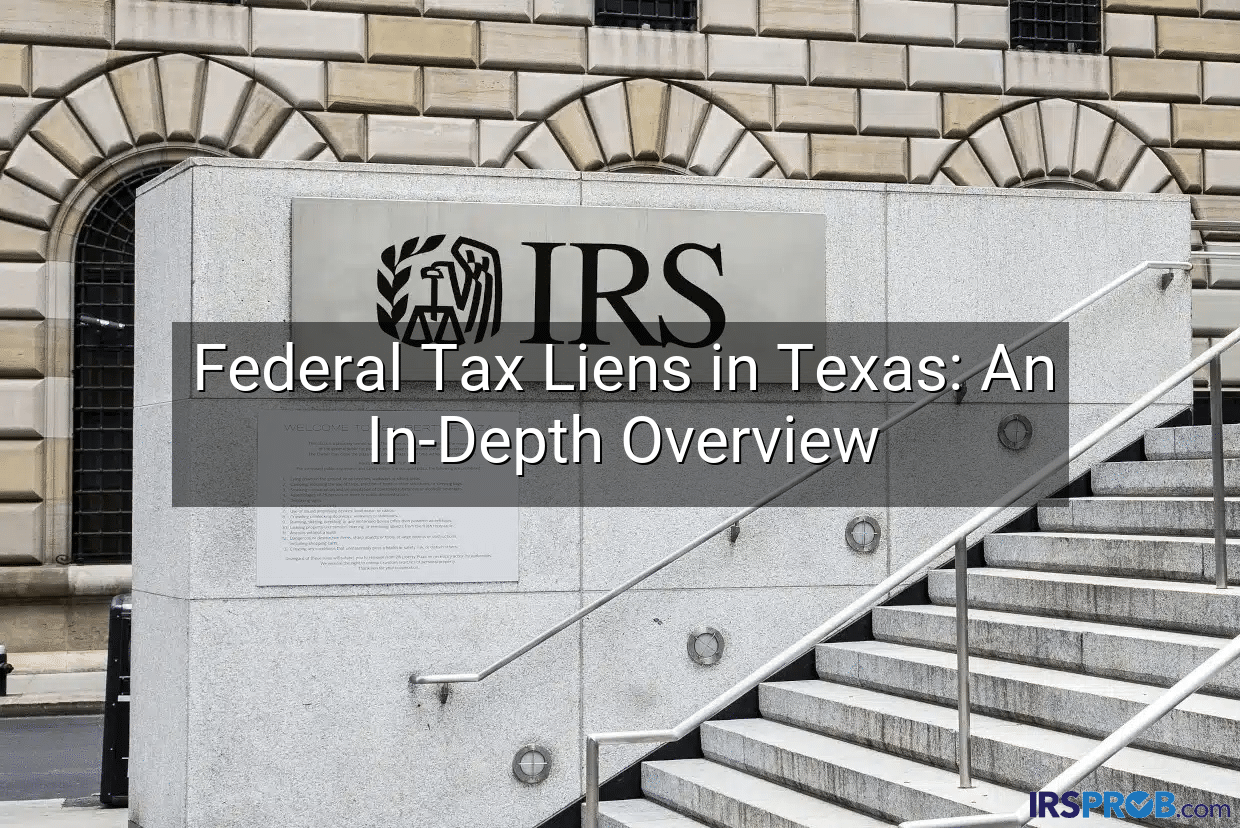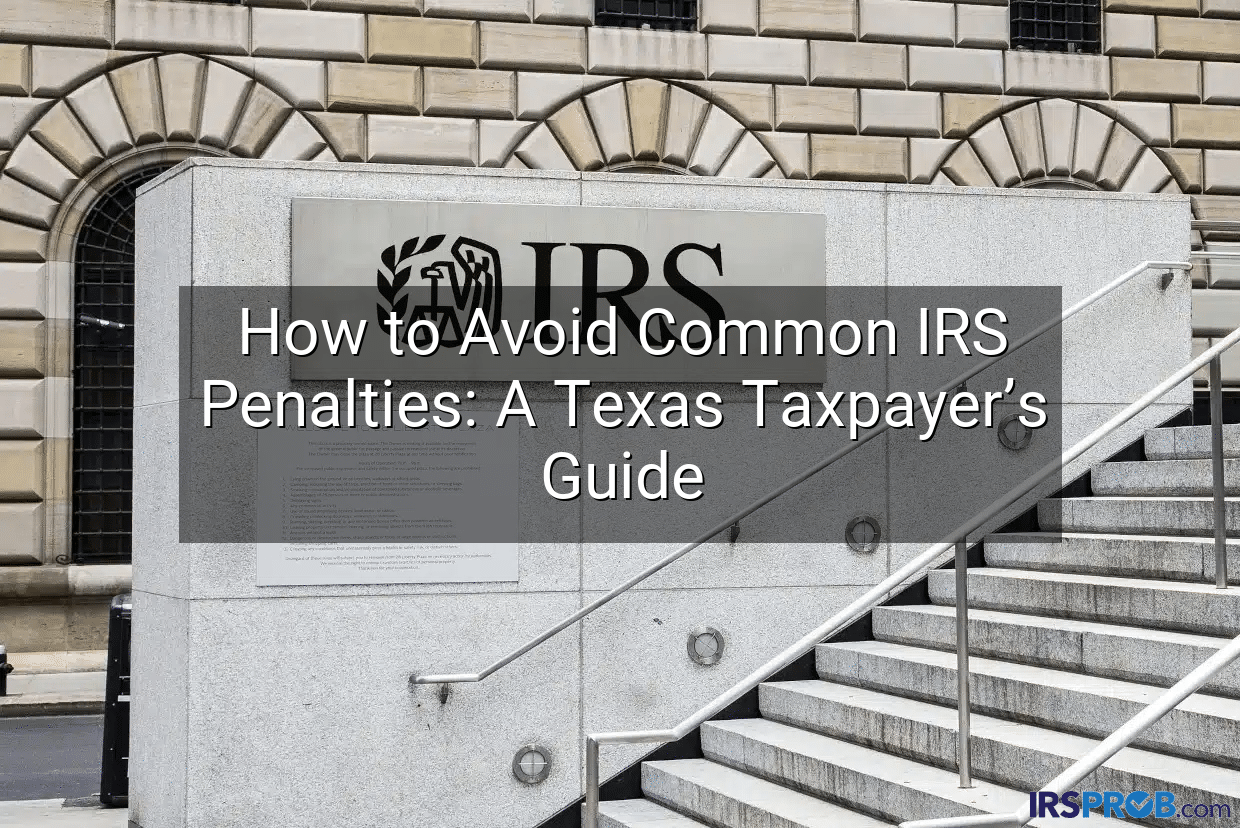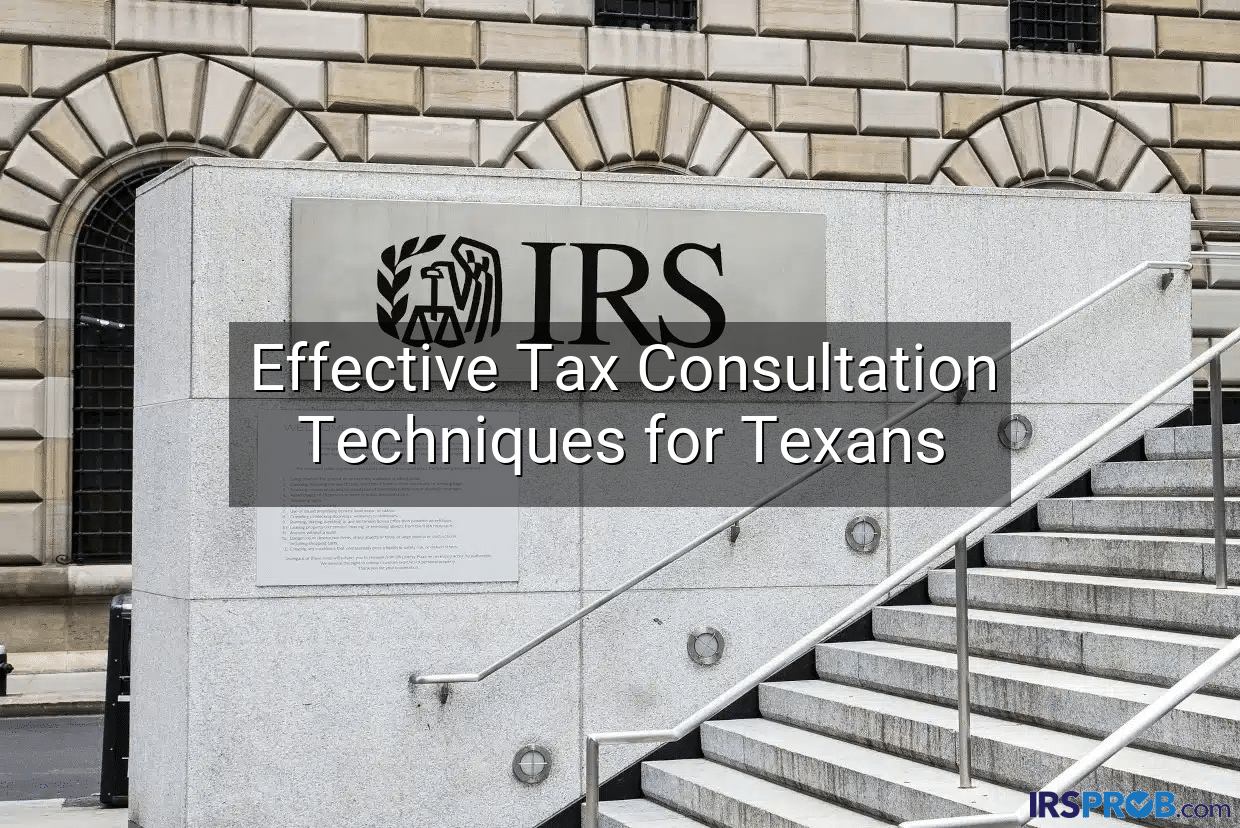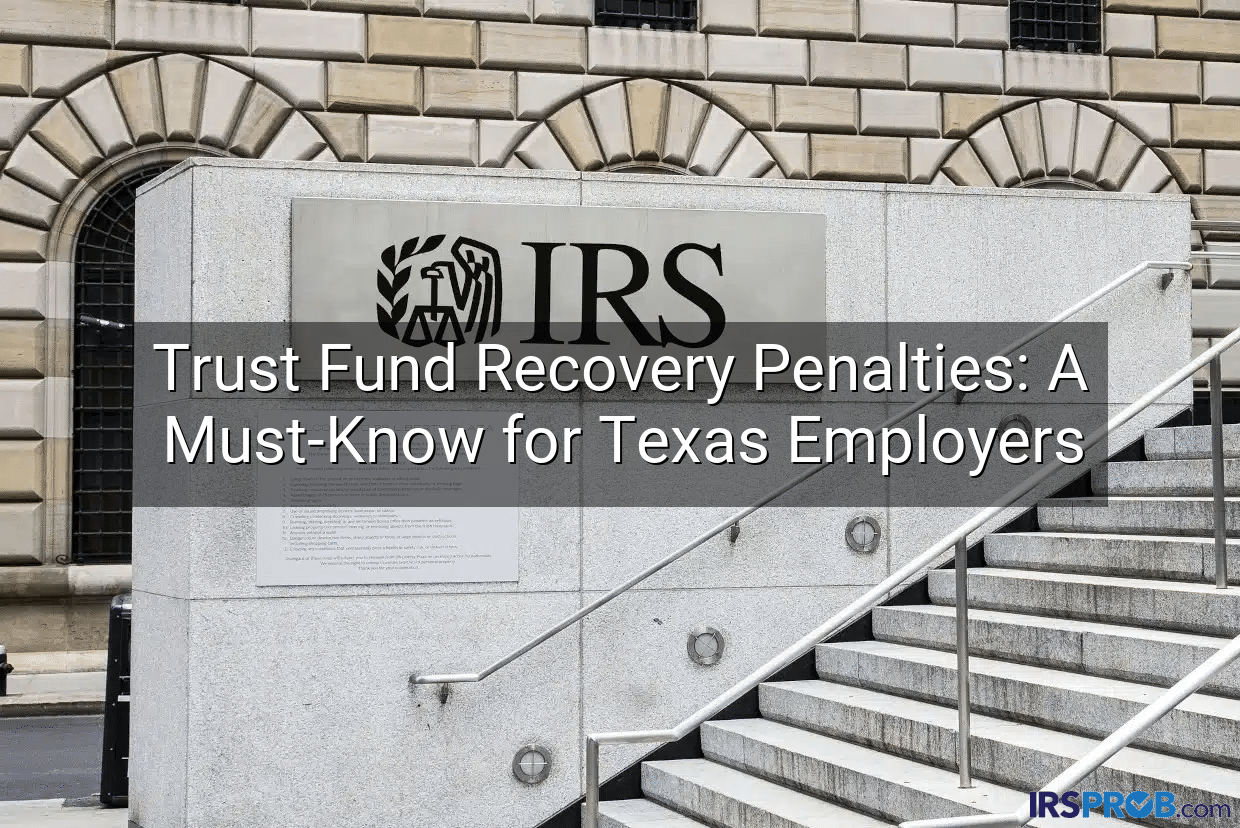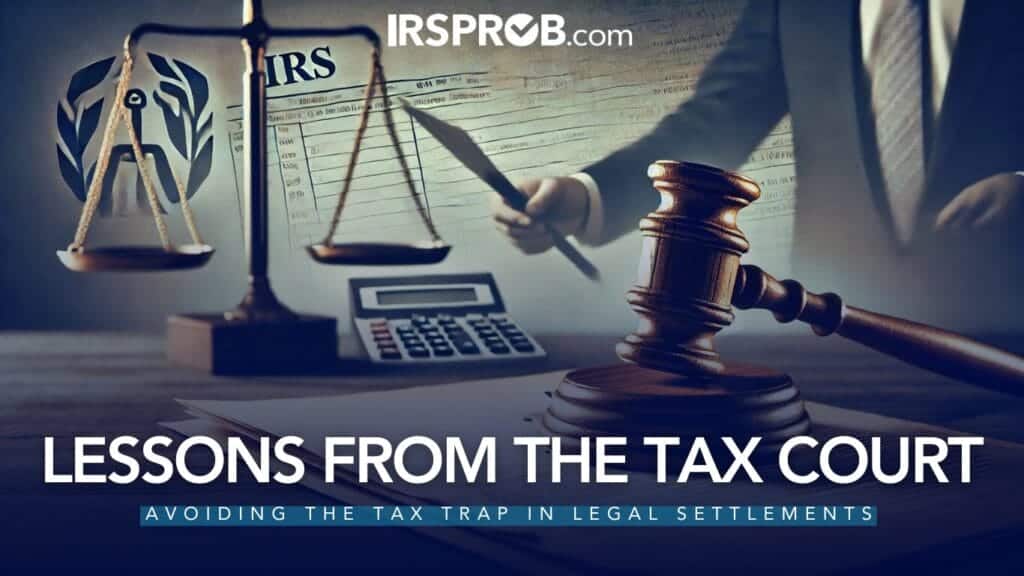
When it comes to legal settlements, the general rule is that payouts related to personal injury or illness are not subject to federal income tax. However, as with many aspects of tax law, the details matter greatly, and the IRS can, and often does, challenge the nature of these settlements. A recent Tax Court case serves as a cautionary tale, illustrating the importance of clear settlement language and the potential tax consequences that can arise if the IRS disputes the purpose of a payment.
The Case in Point
In this case, a taxpayer from California, who was disabled and had several significant health problems, found himself in a dispute with his landlord. Although divorced, he continued living with his ex-wife, who also served as his primary caregiver. They entered into a rental agreement for an apartment in Los Angeles, which included special provisions related to the taxpayer’s disabilities.
Soon after moving in, the taxpayer and his ex-wife began experiencing issues with the property, leading to complaints about noise, harassment, and the need for additional accommodations. The situation escalated to the point where the landlord issued a notice to terminate the lease, which in turn led to a series of lawsuits.
Amidst this legal battle, the landlord decided to sell the building. However, the potential buyer was hesitant due to the ongoing lawsuits. In an effort to salvage the deal, the landlord agreed to pay the taxpayer $700,000 to vacate the apartment. The settlement agreement did not specify the reasons for the payment; it only stated that there was no admission of fault or liability by either party.
The IRS Challenge and Tax Court Ruling
The taxpayer chose not to report the $700,000 settlement as taxable income on his tax return, assuming it was not subject to federal income tax. The IRS disagreed, leading the taxpayer to bring the matter before the Tax Court.
The Tax Court reviewed the facts and circumstances and ultimately ruled that the entire $700,000 settlement was taxable income. The Court’s reasoning was based on the settlement agreement’s language, which did not indicate that the payment was for any physical injury or illness. Instead, the payment was seen as compensation for the taxpayer’s agreement to vacate the property, making it subject to tax.
Key Takeaways for Business Owners
For business owners, this case highlights several critical lessons:
- Clarity in Settlement Agreements: When negotiating legal settlements, particularly those that could be construed as compensation for something other than physical injury or illness, it is vital to ensure that the language in the agreement is clear. The IRS will scrutinize the agreement to determine the nature of the payment, and vague or ambiguous terms can lead to unwanted tax liabilities.
- Understanding Taxable vs. Non-Taxable Settlements: While settlements for physical injuries or illnesses are generally non-taxable, payments for emotional distress, property damage, or as compensation for agreeing to vacate a property, as in this case, are typically taxable. Business owners should be aware of these distinctions and plan accordingly.
- Consulting with Tax Professionals: Given the complexities surrounding the tax treatment of settlements, it is advisable to consult with a tax professional when negotiating and finalizing any legal settlements. Proper guidance can help ensure that the settlement is structured in a way that minimizes tax exposure.
- Documenting the Purpose of Payments: Explicitly documenting the purpose of a settlement payment within the agreement can be crucial in defending against an IRS challenge. If the payment is indeed for physical injury or illness, it should be clearly stated to avoid any ambiguity.
Final Thoughts
This case serves as a reminder that the tax implications of legal settlements can be significant, and the IRS is not shy about challenging taxpayers on this front. For business owners, understanding the nuances of settlement taxation and ensuring that agreements are carefully crafted can prevent costly tax surprises down the road. Always consult with a knowledgeable tax advisor when dealing with settlements to ensure that your interests are protected.

